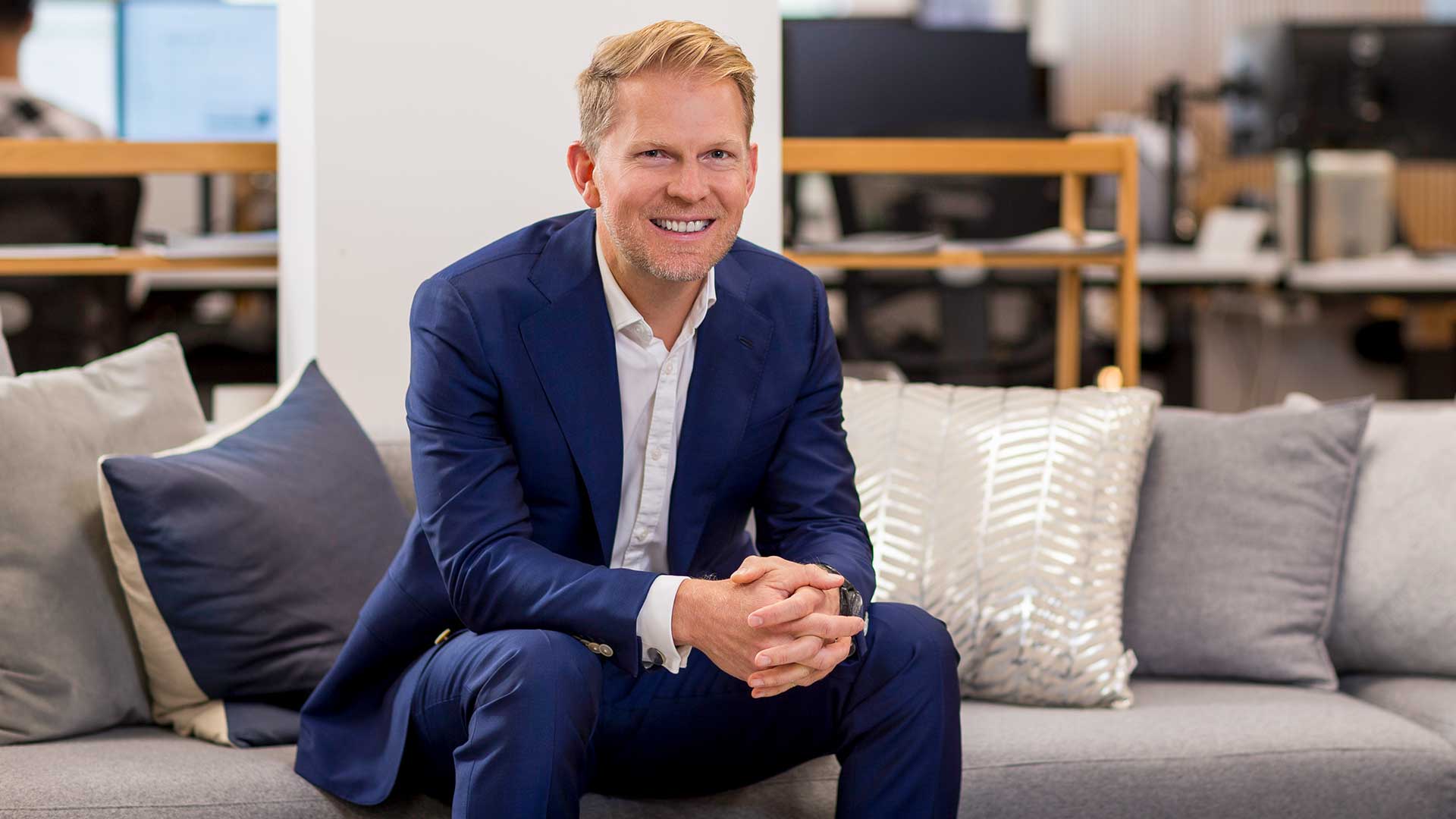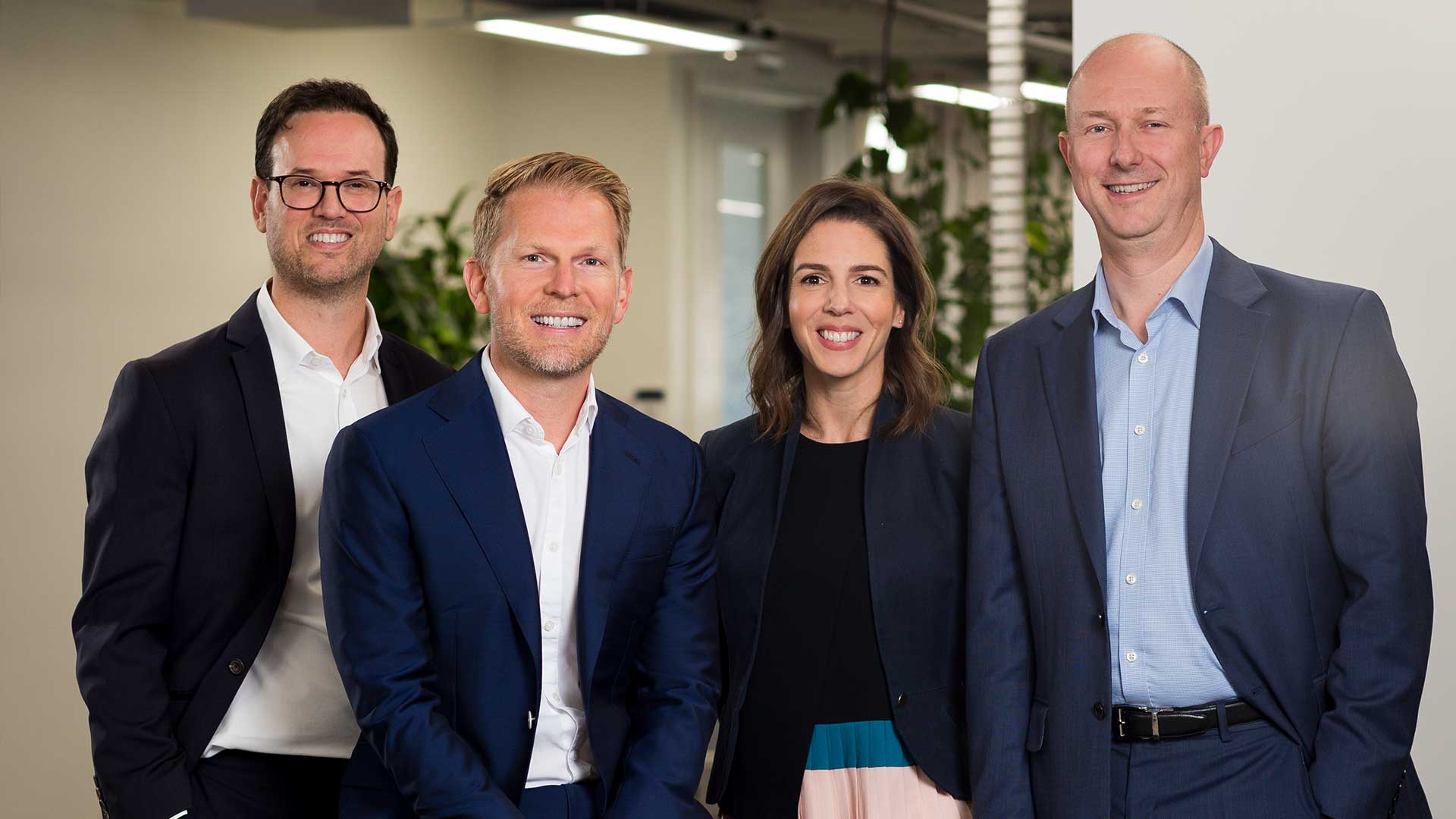Future Thinking, Future Returns The Market-Beating Journey of Pie Funds
Mike Taylor, founder and Chief Investment Officer of Pie Funds, has transformed a personal passion for investing into building one of New Zealand’s leading fund management firms. From purchasing his first shares at 18 to founding a company managing billions in assets today, Mike’s journey is defined by a relentless pursuit of market-beating returns.
Frustrated by the underperformance of traditional funds, Mike founded Pie Funds in 2007 with a focus on active management and growth companies. Launching during the Global Financial Crisis, he turned adversity into opportunity, delivering consistently strong returns and quickly gaining a reputation for outperforming the market.
The firm has grown to a team of over 45 diverse experts across New Zealand, Sydney, and London offices. Along the way, Pie Funds has embraced future thinking and market-disrupting innovation, investing early in AI, infrastructure, and other emerging sectors. This foresight has allowed the firm to capture undervalued opportunities others might overlook, establishing itself as a key player in both local and global markets.
Mike shares his insights on the evolution of Pie Funds, his strategies for navigating uncertain markets, and how he remains focused on creating long-term value for investors.
What was the catalyst for you to enter the investment world?
I always wanted to work for myself. At the time, the investment industry was fairly dominated by large institutions like AMP and Vanguard. I thought I could do better than what people were getting from the traditional institutions. The timing was tricky, though. I went out on my own just before the financial system collapsed in 2008. That was a real test, as there was no income coming in, and I had friends and family who’d invested late in 2007. By mid-2008, I was having a bit of a crisis of confidence.
That sounds incredibly challenging. Did that period shape your approach going forward?
Absolutely. I think those early experiences influence your risk appetite for the rest of your career. I am more risk-averse now than some of my younger team members. I’ve seen how bad things can get. That said, 2009 was a turning point. We started buying again and had over a 100% return that year, which really set the business up. Those kinds of opportunities don’t come along often, but you have to recognise them and act when they do.
Was that quite a psychological challenge? Coming out of 2008, were there mental hurdles to overcome before you started deploying capital again?
Definitely. By the time the market started to move, you had to acknowledge the shift. It’s a little like what we saw in China recently – when you recognise a profound change in sentiment, you can’t ignore it. You have to react. When central banks were propping up banks in March 2009, responding was necessary. And it was the same in March 2020 with COVID; once the governments and central banks responded, it was game-changing.
You’ve talked a lot about Warren Buffett’s influence. Can you share more about that?
Warren Buffett and Peter Lynch were my investment heroes. I studied their strategies and styles closely. I went to the Berkshire Hathaway AGM in Omaha five times to understand Buffett’s approach better. There’s this humility to him that’s rare in the industry. He’s one of the richest people in the world, but he still lives in the same house and drives the same car. I think that’s something I try to emulate in the way I run Pie Funds.

You’ve also spoken about the importance of understanding the people behind the businesses you invest in and also a focus on founder-led businesses. Can you expand on that?
There’s a lot of research to suggest that investing in founder-led businesses delivers better returns. Founders tend to work harder than a hired CEO to achieve an outcome. They want to make sure everything is perfect, and those details add up to a better business. Of course, you get the occasional outlier, but generally, you’ll get a better outcome with founders.
Speaking of founders, how would you describe your own journey as one?
When I started Pie Funds, I didn’t know how to run a business – I just knew how to invest. I had to learn on the job. It’s that number-eight-wire mentality [a term that represents the ingenuity and resourcefulness of New Zealanders] of just figuring things out. If I had followed a more traditional path, I probably wouldn’t have started Pie Funds until I was in my 40s or 50s. Starting earlier allowed me to take risks and build the company I wanted to build.
How would you describe Pie Funds’ approach?
We generally look for founder-led businesses that are mispriced by the market. These are often companies that are out of favour or have had a bad quarter. Take Nvidia, for example. We bought in late 2022-early 2023 when the stock had become cheap again. It wasn’t cheap in 2021 but it fell significantly in 2022, and we saw an opportunity.
Was ChatGPT even a thing back then? That would have been a tough pick, I would have thought. The crypto market was down and second-hand mining GPUs were flooding back into the market.
It was just emerging in late 2022. We saw AI as the next big thing and Nvidia was the best hardware play. We also invested in data centres and power companies, including nuclear energy, to support the infrastructure AI would need.
It must be fascinating. Do you sometimes lie awake at night thinking about this macroeconomic global machine and these connected trends?
Yes, definitely. It’s often the last thing you think about and the first thing you think about each day. So, literally, when you’re in this industry, you eat, breathe, and sleep it. Do a quick market check before bed, which will stimulate what you’re going to think about throughout the night. And then I have actually disciplined myself now to try not to look at my phone as soon as I wake up because I know that’s bad for you. Get up, take a shower, and go for a walk. Then, 30 minutes later, I’ll tune into the phone. But yes, it’s hard – even on holiday, you can’t escape.
Where is Pie Funds today?
We started with just one person in 2007. Now we have 45 staff, with offices in New Zealand, Sydney, and London. We have client funds, financial advice and Kiwisaver (Retirement savings) areas to this business, managing over $2b in assets. Most of our investors are still based in New Zealand, but in another ten years, who knows? We might have an office in Shenzhen or New York. It depends on where our clients are and how much we manage.
That’s incredible growth. What do you think has been the secret to your success?
It’s about curiosity and a willingness to see things others don’t. You need to lift up every rock to see what’s underneath. It’s also about staying grounded and maintaining a long-term perspective while focusing on providing our clients an exceptional service.
I think that’s a really important point. What do you think the secret is to a good fund manager or someone you would look at for Pie Funds?
Well, if we’re using Nvidia as an example, you’ve just got to be able to see something that others don’t see, and that’s just a skill you either have innately or you have to try and train someone to do that.
What is the basis of that? Is it just curiosity or being able to put aside ego and bias somehow?
One of the things about my personality, which is a strength but also a weakness, is I spend a lot of time in the future and in the past, but not so much time living in the present. But that allows me to look at things that have gone wrong and say, “Why has that gone wrong, and how do I need to change my behaviour?” Or also look forward and go, “Okay, what is it going to mean if much of the written word is going to be done by AI?” Or “What does it mean if your car can drive itself.” And I don’t know if everyone thinks like that.

